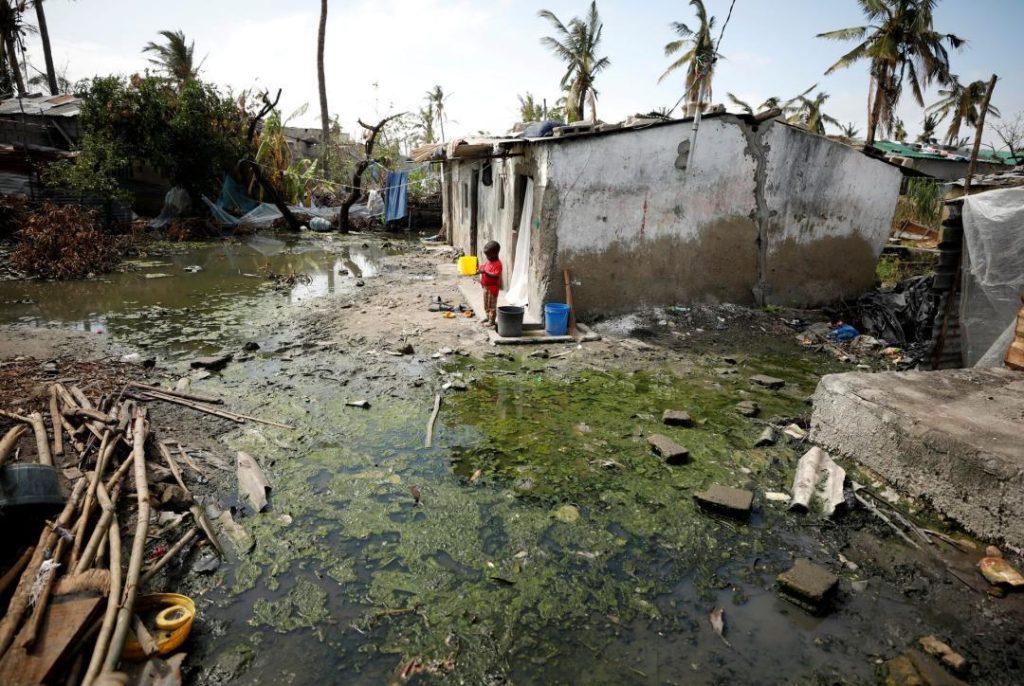
Malawi Refugees May Face Severe Hunger Due to Funding Cuts: UN
The United Nations World Food Programme (WFP) has issued a dire warning, stating that at least 57,000 people residing in Malawi’s Dzaleka refugee camp may face severe hunger due to funding cuts. The warning comes as the WFP struggles to maintain its cash assistance program, which has been a lifeline for the refugees. Without further funding, the WFP may be forced to halt its cash assistance program, leaving thousands of people without access to essential food and other supplies.
The refugees in Dzaleka camp, located in the central region of Malawi, are primarily from the Democratic Republic of Congo, Burundi, and Rwanda. The camp was established in 1994 to provide a safe haven for those fleeing conflict and persecution. Over the years, the WFP has provided vital assistance to the refugees, including food, shelter, and medical care.
However, the WFP is facing a severe funding crisis, which threatens to disrupt its operations in the camp. “We might completely halt cash assistance in May if we don’t receive any further funding,” said a WFP official. The official emphasized that the refugees are already struggling to make ends meet, and without the WFP’s assistance, they will be forced to endure severe hunger.
The WFP’s cash assistance program provides refugees with a monthly stipend of approximately $15, which is used to purchase essential items such as food, medicine, and school supplies. The program has been a crucial lifeline for the refugees, allowing them to access basic necessities and maintain a sense of dignity.
However, the WFP’s funding has been significantly reduced in recent years, forcing the organization to scale back its operations. The agency has been relying on contributions from development partners to maintain its programs, but these contributions have been dwindling. Without further funding, the WFP will be forced to make difficult decisions about which programs to cut or reduce.
The consequences of a funding crisis in Malawi’s refugee camps are dire. Refugees will be forced to rely on alternative sources of food, such as wild plants and scraps from the market. This can lead to malnutrition, which can have serious consequences for children, pregnant women, and people with compromised immune systems.
Furthermore, a funding crisis can also lead to social unrest and conflict within the camp. Refugees may turn to illegal activities, such as theft or prostitution, in an effort to survive. This can have serious consequences for the entire community, including increased violence and the spread of disease.
The WFP is urging development partners to contribute to its programs in Malawi to prevent a funding crisis. The agency is also seeking support from governments and private donors to maintain its operations in the camp.
In a statement, the WFP emphasized the urgent need for funding, saying, “We cannot afford to let the vulnerable refugees in Dzaleka camp suffer because of a lack of funding. We urge all development partners to support our efforts to provide life-saving assistance to those in need.”
The situation in Malawi’s refugee camps is a stark reminder of the ongoing refugee crisis, which continues to affect millions of people around the world. As the world’s attention turns to other crises, it is essential that we do not forget about the refugees in Malawi and other parts of the world who are struggling to survive.
The UN’s warning about severe hunger in Malawi’s refugee camp is a wake-up call for governments and development partners to take action. It is essential that we work together to provide life-saving assistance to those in need and to support the WFP’s efforts to maintain its programs in Malawi.






